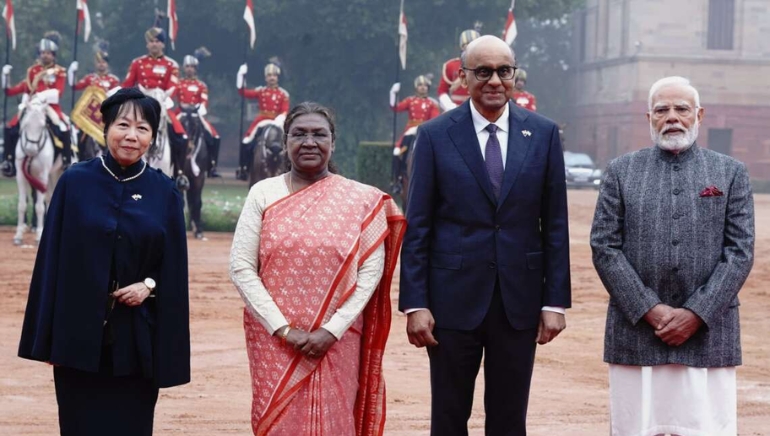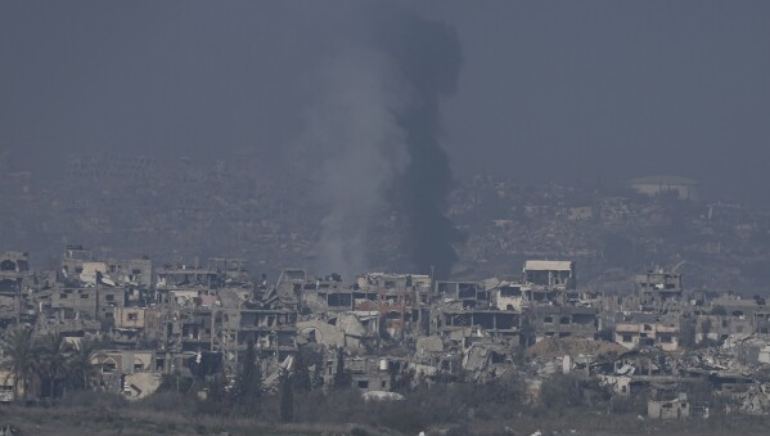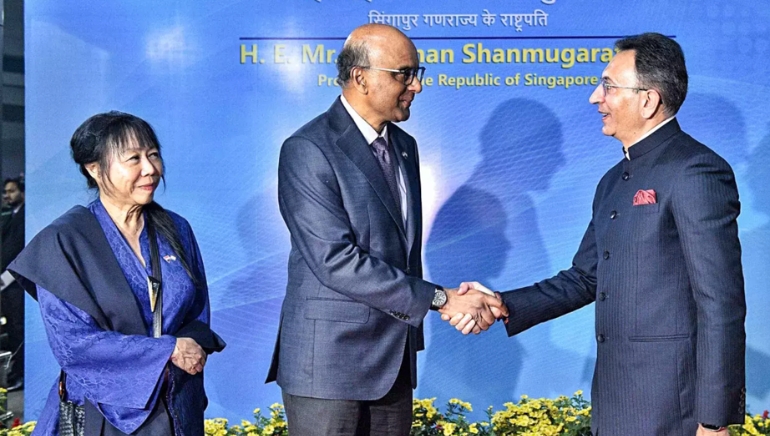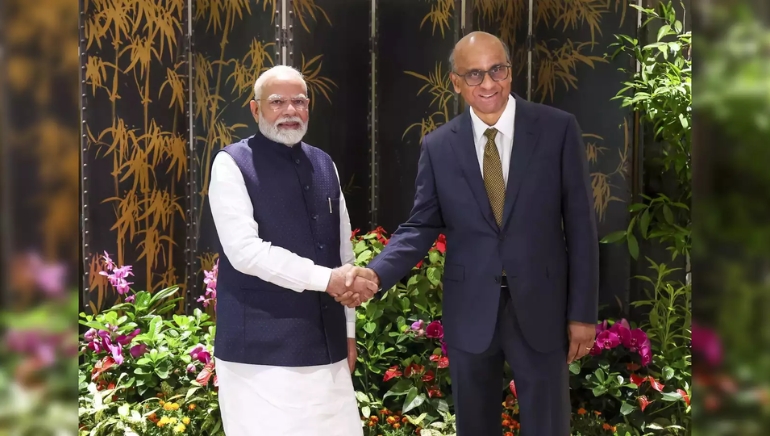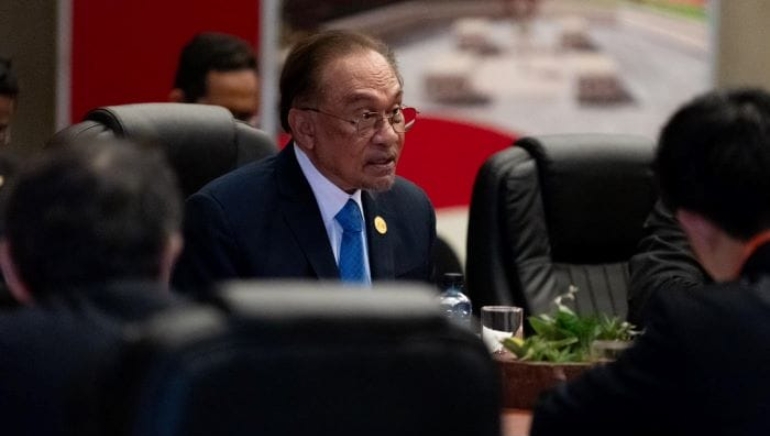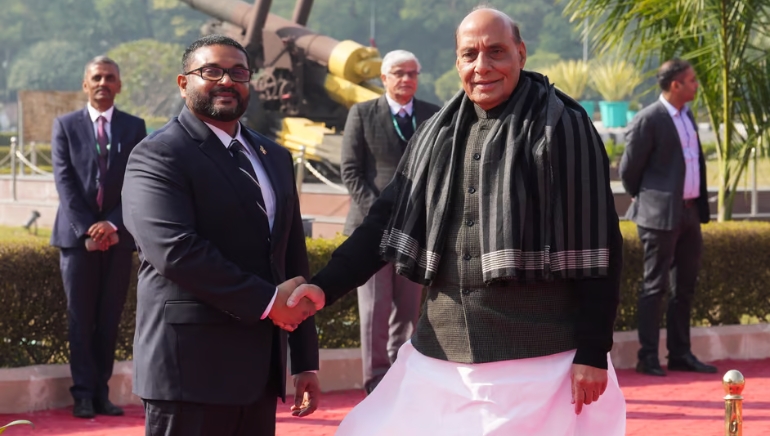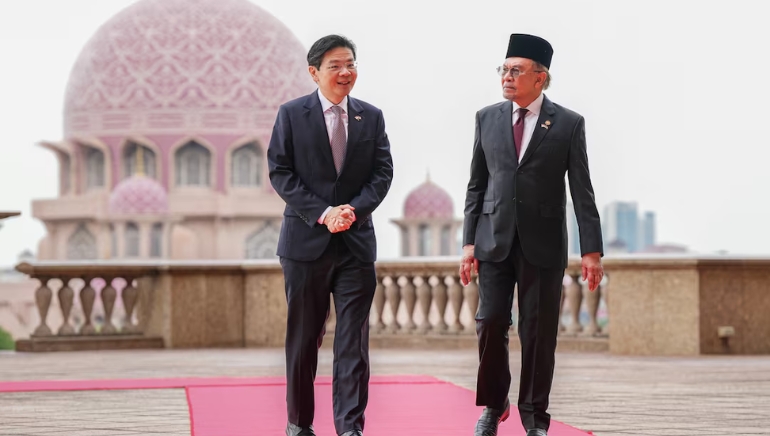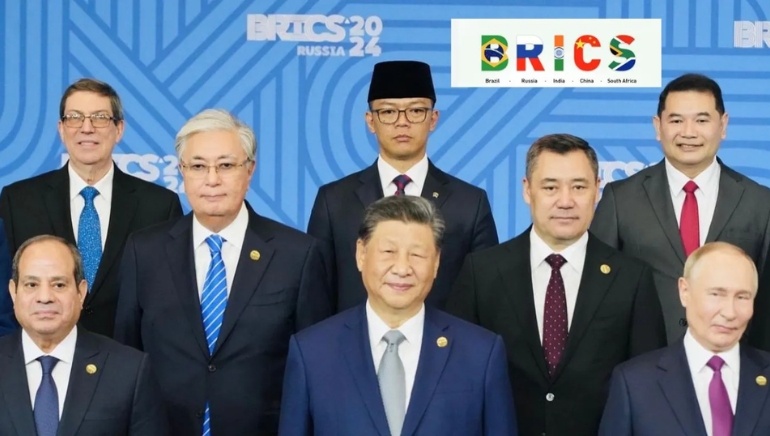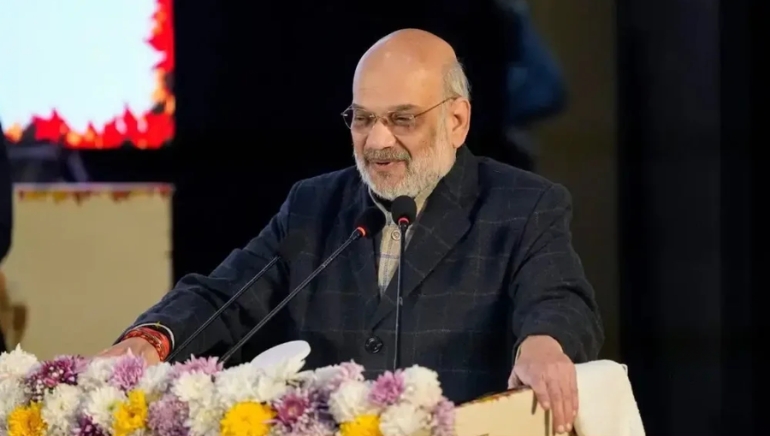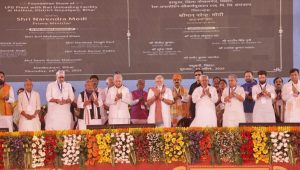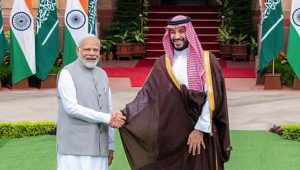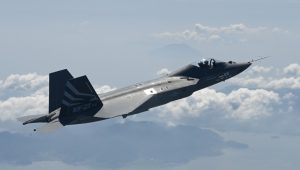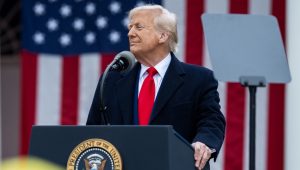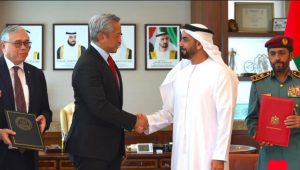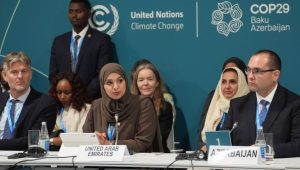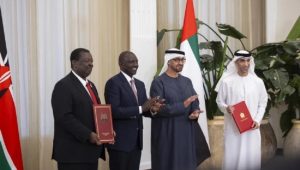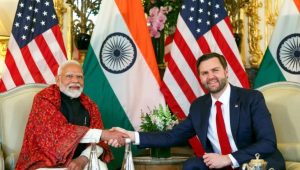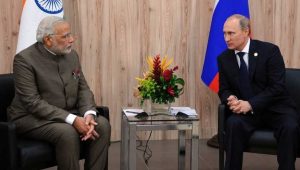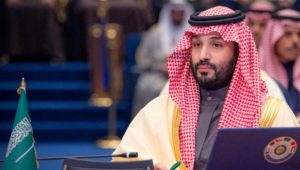Singapore President Tharman Shanmugaratnam was greeted ceremonially at Rashtrapati Bhavan on Thursday by President Droupadi Murmu and Prime Minister Narendra Modi, marking his first state visit to India. The visit coincides with the 60th anniversary of India-Singapore diplomatic relations.
President Tharman emphasised Singapore’s strong relationship with India, citing India’s acceptance of Singapore’s independence in 1965. He hailed the bilateral relationship as a “natural partnership,” citing Singapore as India’s largest investor and vital defence ally.
During Prime Minister Modi’s September 2024 visit to Singapore, he mentioned the upgrade to a Comprehensive Strategic Partnership. Both countries are currently investigating collaborations in advanced manufacturing, semiconductors, net-zero industrial parks, and new industry training. Furthermore, digitisation and sustainability are major priority areas.
“Singapore is deeply invested in India’s ambition to achieve Viksit Bharat by 2047,” President Tharman added.
On Wednesday, he held high-level meetings with External Affairs Minister S. Jaishankar about semiconductors, industrial parks, digitalisation, and trade. He will meet with President Murmu and Prime Minister Modi, accompanied by a delegation of ministers and officials, before heading to Odisha.
The Ministry of External Affairs reiterated the strong ties between the two countries, which are founded on friendship and trust, and emphasised the importance of the visit in forging deeper cooperation.





